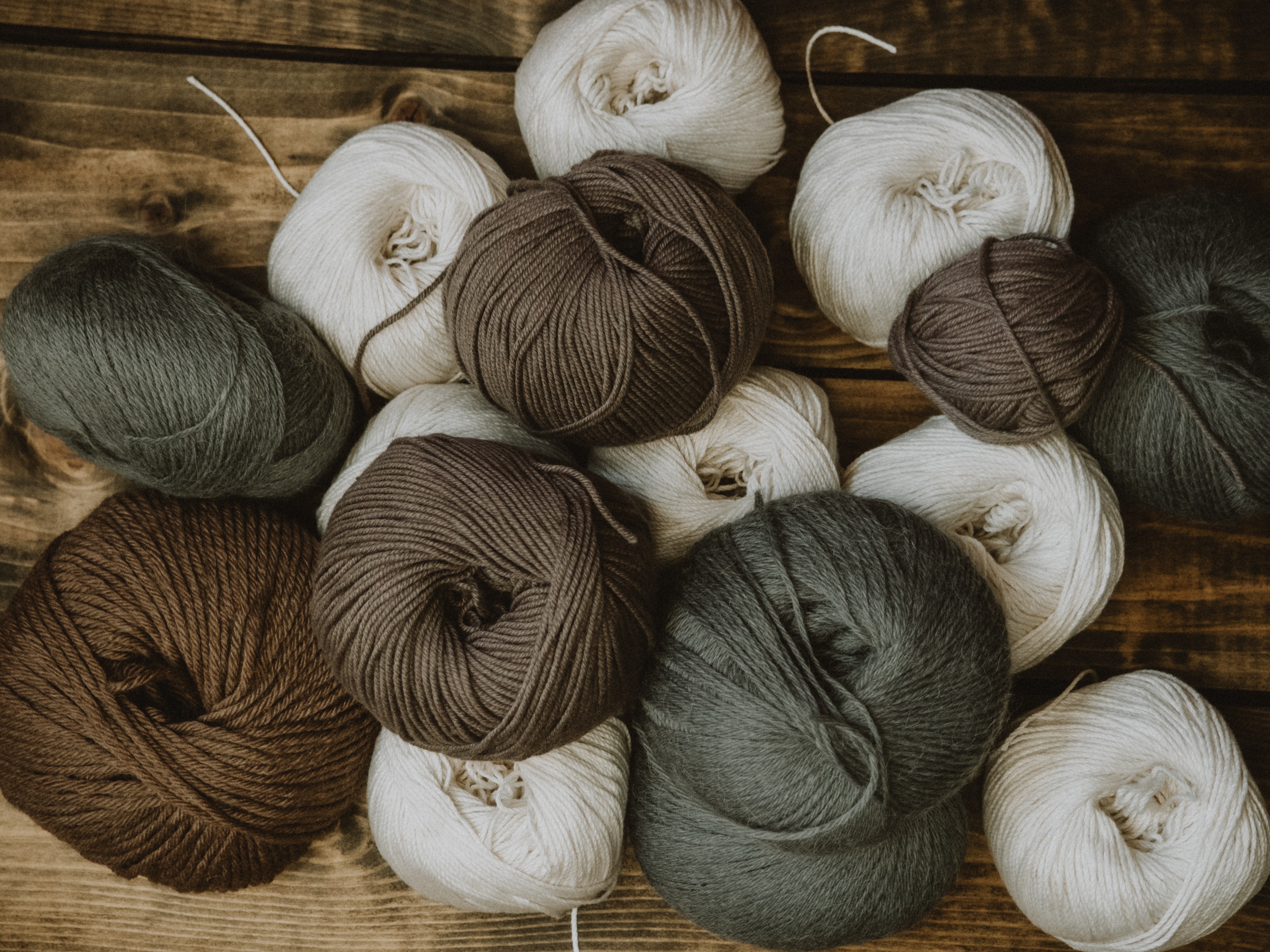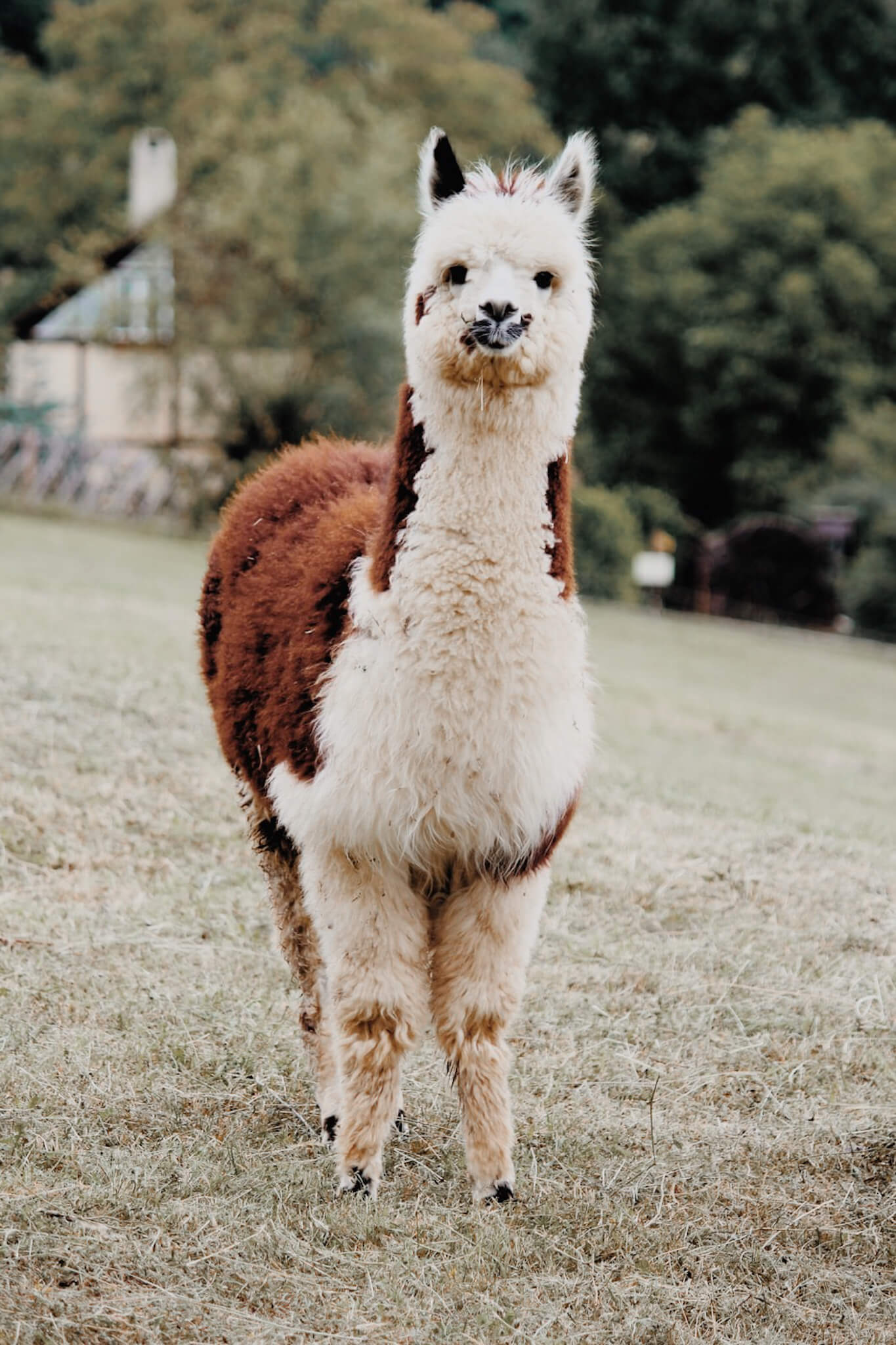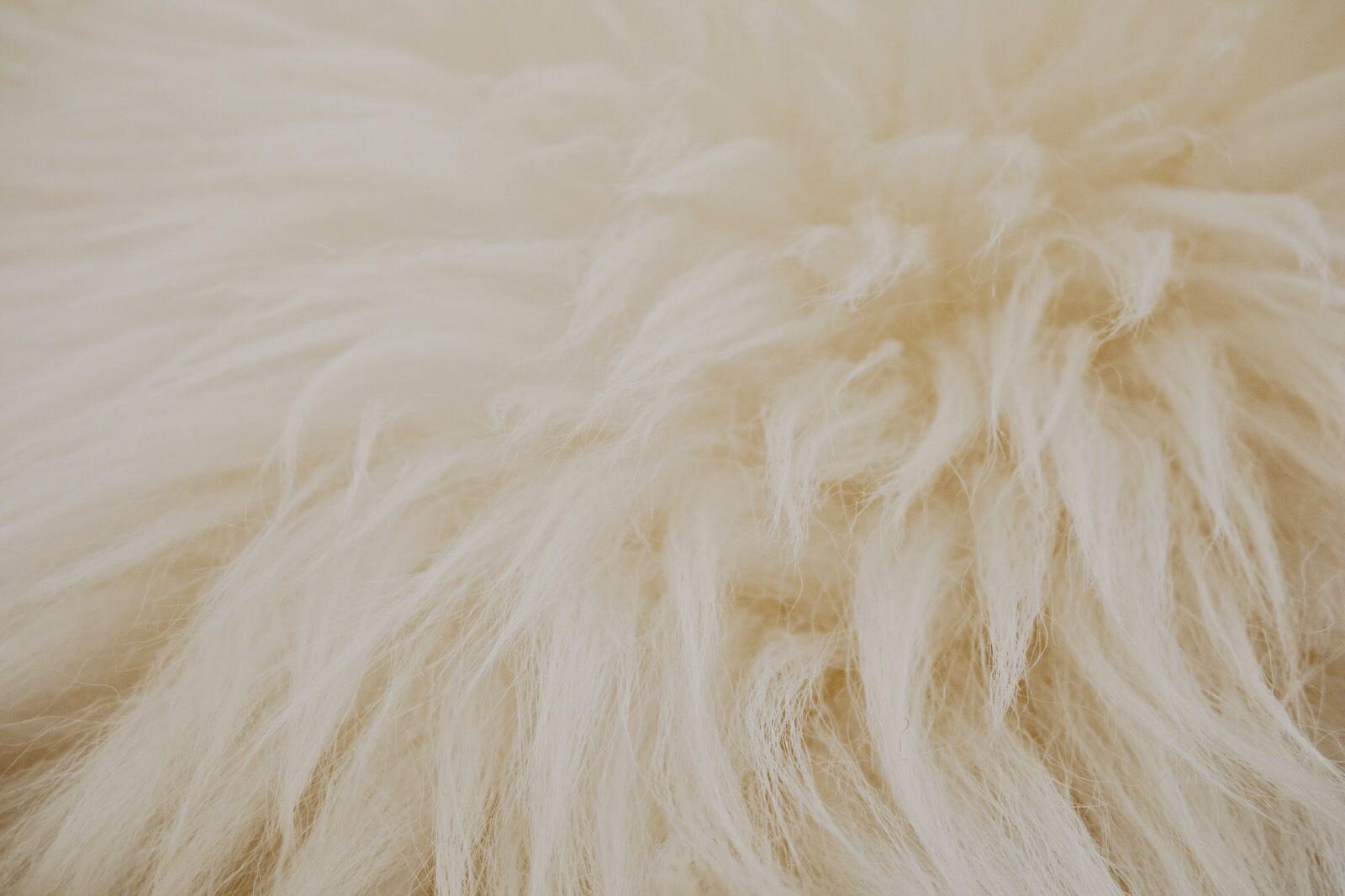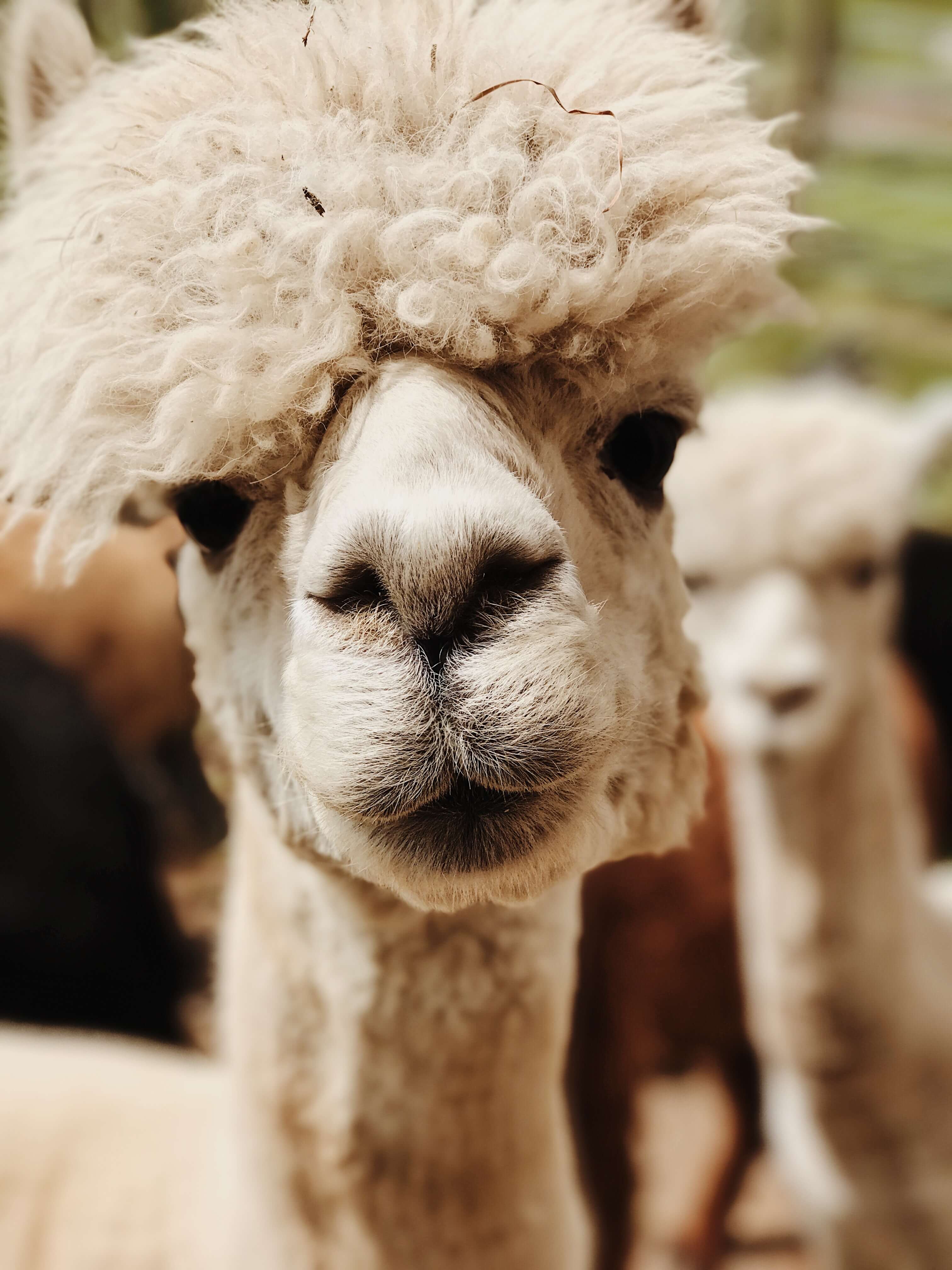What everyone should know about alpaca wool
Alpaca, what is it?
The alpaca is an animal from South America, which is often confused with the llama. Indeed, you can find many alpaca farms in Peru, Bolivia or Chile. They live in the mountains, particularly in the Andes, a rather desert place at high altitude where the climate can vary between very cold temperatures, but can also reach very hot temperatures. Thanks to their hair and coat, they adapt to any type of environment and are used to climate changes.
They are so-called ecological animals because they do not pollute or uproot vegetation. Furthermore, they do not damage their pastures, as their legs do not have hooves, but nails with a small cushion, which allows them to enjoy their abundant food all year round without interruption.
A quality material

The wool is sheared and harvested once a year. Indeed, at the arrival of spring, when the first heat approaches, the alpacas are sheared, thus allowing their wool to take the time to grow back and renew itself for the next season. When the wool is recovered it goes through several stages before it is ready to be used in the manufacture of products. First of all, the washing of the fibre is essential in order to eliminate residues such as foliage or vegetation still present in the wool. The fibre is then quilted, framed and goes through the spinning stage.
The wool is then ready for use and is used to make all types of products. Bellepaga, in particular, makes and manufactures alpaca wool garments, which is meticulously worked on by Peruvian artisans with exceptional know-how. You can find jumpers, ponchos, gloves and many other accessories and garments on our website that will bring you softness, comfort and warmth.
“The wool of the Gods”

In addition to being an eco-responsible wool, alpaca wool is a material that respects the most sensitive skins. It is reputed to be a rare, light, soft and warm wool and has the nickname "the wool of the gods". Indeed, this denotation is due to the many characteristics it possesses. First of all, it is a hypoallergenic wool. In fact, if you have sensitive skin that tends to itch in contact with certain materials, alpaca wool is perfect for you. It adapts to your skin without irritating it and brings you comfort.
Moreover, thanks to the environment in which an alpaca grows, its wool is equipped with a thermo-regulating mechanism. This allows you to keep yourself at the right temperature in a dry place, without sweating. In case of contact with water, the wool remains odourless. Hard and robust, it is a wool that lasts for a long time and does not pill after several washes. With alpaca wool, you can be convinced of what you are wearing.
Difference with sheep's wool

Alpaca wool is often compared to sheep's wool because of its isolating characteristics. Sheep’s wool is often mixed with so-called chemical and synthetic materials and can be quickly flammable. This modification of the natural material makes the wool unpleasant and can cause allergies.
Alpaca wool is the thinnest wool that exists, measuring about 16 to 25 micrometers in diameter, in contrast to sheep's wool, which is thicker with a diameter of 20 to 80 micrometers. So if you want to feel light and warm throughout the seasons, you will find what you are looking for at Bellepaga.





